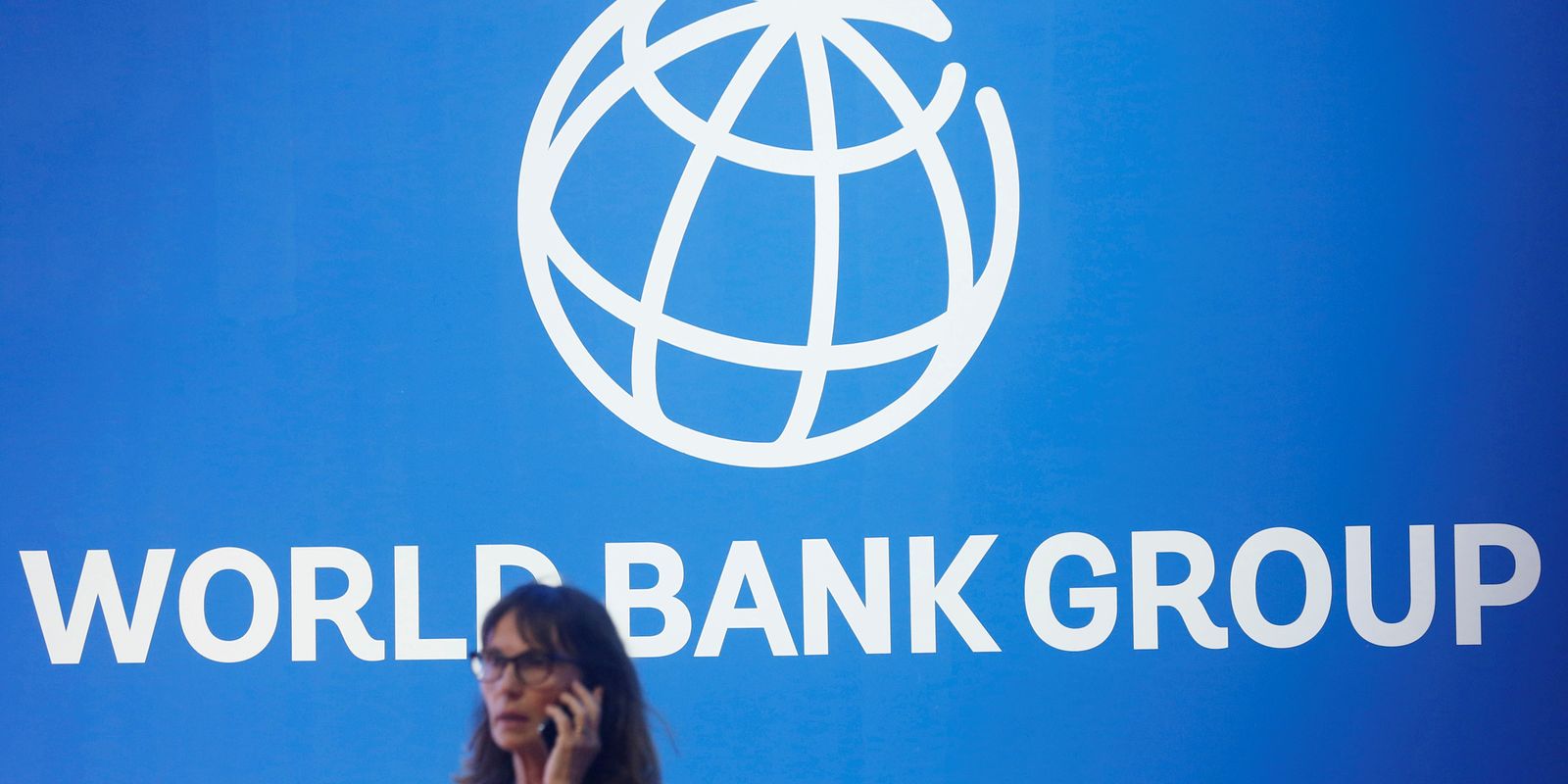The Brazilian economy is expected to grow 2.2% in 2025, estimates the World Bank’s Global Economic Perspectives report, released this Thursday (16). The organization also calculates that the Brazilian Gross Domestic Product (GDP, sum of goods and services produced in the country) should close 3.2% in 2024. For 2026, the estimate is 2.3%.
Developing countries, a group that includes Brazil, must face more growth difficulties to approach the level of development of so-called advanced economies, assesses the World Bank. The global economy is expected to maintain growth at 2.7% in 2025 and 2026, the same pace as in 2024.
According to the study, developing countries should maintain the same 4% growth rate over the next 2 years, but the percentage would be “insufficient to ensure the progress necessary to reduce poverty and achieve broader development objectives”.
Among the causes, the World Bank highlights that “interest rates fell in most of the region, but remained high in Brazil and Mexico”.
“The slowdown in demand from China weighed on exports, and Argentina’s trade surplus grew due to the reduction in imports”, he adds.
The estimated growth of 2.2% for the Brazilian economy this year is equivalent to the same rate in Chile; it is above Mexico, with a forecast of 1.5%, and well below Argentina, which appears with a growth projection of around 5%.
The most positive data goes to small Guyana, with 12.3%, a country that is experiencing an economic boom thanks to the exploration of oil fields in its territory.
In a broader context, the report presents a positive future outlook for Latin America and the Caribbean countries (LAC). “As Argentina recovers, interest rates normalize and inflation decreases, the LAC growth rate will tend to intensify, reaching 2.5% in 2025 and 2.6% in 2026. The expectation is that commodity prices will strengthen LAC exports, although China’s more moderate growth may limit demand for essential commodities.”
In the specific case of Brazil, the World Bank’s diagnosis is that “Brazil’s growth will slow down to around 2.2% in both years, reflecting restrictive monetary policies and limited fiscal support in the country”.
The World Bank report also shows that the economies of developing nations were the engine of global growth by 60%. “The next 25 years will be more difficult for developing economies than the last 25,” predicts Indermit Gill, chief economist and senior vice president for Development Economics at the World Bank Group.
“For the most part, the forces that, in the past, promoted the rise of these economies have dissipated. In their place, alarming adverse situations emerged: high levels of debt, low growth in investment and productivity and increased costs related to climate change”, added the entity’s chief economist.















